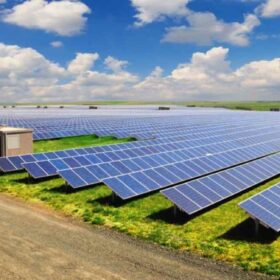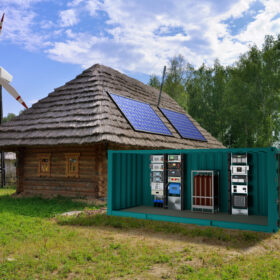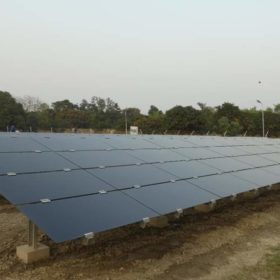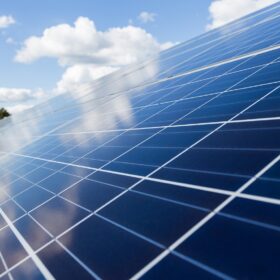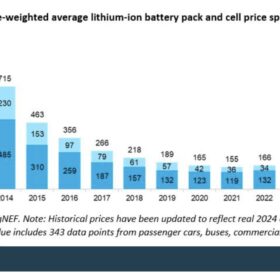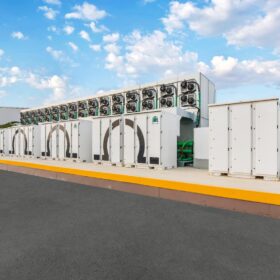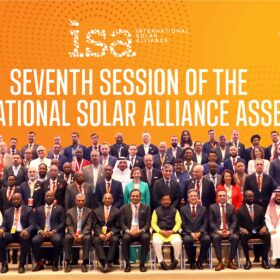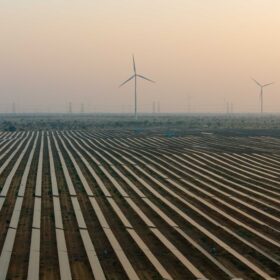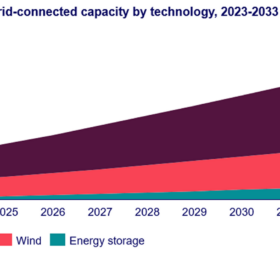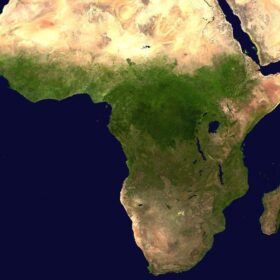Renewable energy sector in 2025 and beyond
Governments worldwide are enacting policies that encourage investment in green technologies. As businesses recognise the long-term benefits of transitioning to renewable sources, private capital is increasingly flowing into innovative projects that promise sustainable returns.
Fraunhofer showcases hydrogen microgrid platform
The Fraunhofer Institute for Machine Tools and Forming Technology IWU will showcase a new hydrogen microgrid platform at the end of March. The researchers say it could help to serve hospitals, remote rural areas and war-torn regions.
Husk Power secures Acumen backing for solar minigrids in Congo
Husk Power has secured funding from Acumen to build out a robust pipeline of distributed renewable energy projects and build its first solar minigrids in the Democratic Republic of Congo.
Union Budget 2025-26: What India’s green industry expects from the upcoming budget
The 2025-26 Union Budget has the potential to be a defining moment in India’s journey toward a net-zero economy. By addressing key areas such as renewable energy, green hydrogen, sustainable mobility, and community-level projects, the government can create a robust framework for decarbonization.
BNEF: Lithium-ion battery pack prices drop to record low of $115/kWh
Battery prices continue to tumble on the back of lower metal costs and increased scale, squeezing margins for manufacturers. Further price declines are expected over the next decade.
Ohmium, Spirare Energy announce green hydrogen production at NTPC microgrid
The green microgrid project powers NTPC’s Energy Technology Research Alliance (NETRA) campus using a solar PV power generation system coupled with a hydrogen power storage system.
India re-elected as president of International Solar Alliance
The seventh session of the International Solar Alliance (ISA) Assembly has elected India as President and France as co-president for a period of two years from 2024 to 2026.
India to face significant land, water challenges in scaling renewables beyond 1.5 TW, says CEEW study
A new report by CEEW states that India’s unconstrained RE potential exceeds 24 TW (terawatts), but not all of it is achievable. Even reaching the 7 TW required to achieve net-zero emissions by 2070 will require a holistic approach to addressing challenges such as land access, climate risks, land conflicts, and population density.
WoodMac predicts 3.8 TW of new solar by 2033
Solar developers are expected to install 3.8 TW (AC) of global capacity between 2024 and 2033, according to the latest forecast from Wood Mackenzie. The analysts predict that new wind and solar installations will reach a combined 5.4 TW, taking the cumulative global total of the two technologies to 8 TW by 2033. Energy storage capacity, […]
ISA to accelerate solar initiatives in Uganda
The International Solar Alliance (ISA) and the government of Uganda recently discussed accelerating the solar mini-grid project to address Uganda’s energy access challenge and advancing the solar water pumping project under the India, Brazil, and South Africa (IBSA) Fund. New areas of cooperation, such as establishing a Solar Technology and Application Resource Centre (STAR-C), were also explored.
